SUMMARY
This is AI generated summarization, which may have errors. For context, always refer to the full article.
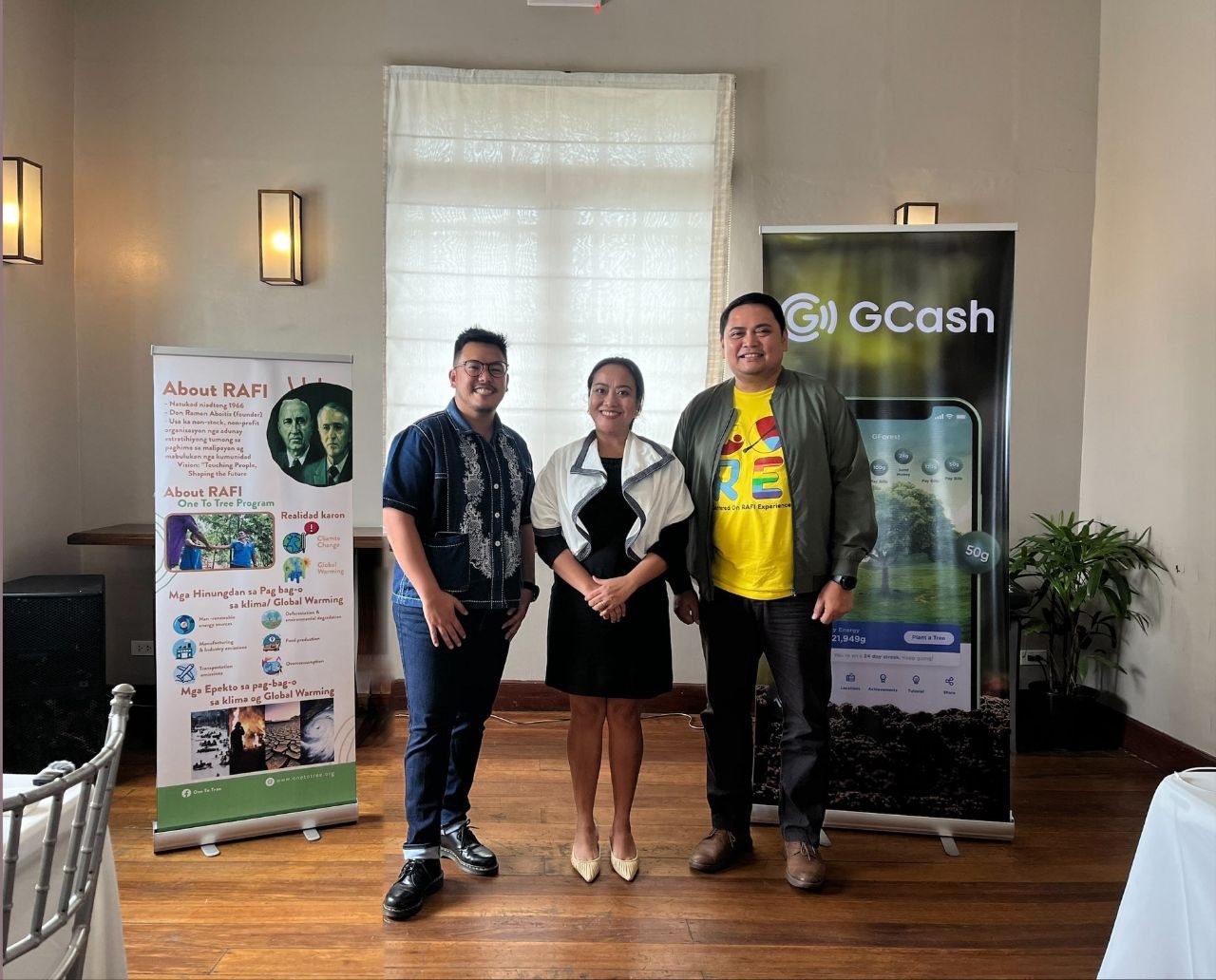
Editor’s note: This press release is sponsored by GCash and was handled by BrandRap, the sales and marketing arm of Rappler. No member of the news and editorial team participated in the publishing of this piece.
Committed to support sustainable development and address climate change, the Philippines’ leading mobile wallet GCash, together with the Ramon Aboitiz Foundation Inc. (RAFI), are continuing their initiatives to increase forest coverage and enhance existing mangrove areas in Cebu.
Through GCash’s GForest and RAFI’s One to Tree Program, a total of 1,075,000 mangroves and upland trees have been planted since 2021. For the remainder of 2023, 75,000 more mangroves will be planted, completing the target of 1,150,000 trees spread across three projects in the province.
The two GForests cover the Luyang Watershed in the northern town of Carmen. One project has 375 hectares of farmland in the barangays of Caurasan, Upper Natimao-an, Liboron, Ipil, Cantumog, and Lower Natimao-an. Meanwhile, the other consists of 355 hectares of farmland with planting sites in the barangays of Upper Natimao-an, Corte, Ipil, Caurasan, Hagnaya, Lanipga, and Cantumog.
Among the 600,000 native trees planted in the two GForests are avocado, bangkal, cacao, cashew, coffee, guyabano, jackfruit, mamalis, mangosteen, molave, nangka, narra and rambutan with a high survivability rate between 92 to 94% as of March 2023.

The Luyang Watershed is a significant ecological area in Cebu as it supplies at least 24,000 cubic meters of surface fresh water. The enhancement of tree cover in the two GForests will improve rainwater percolation.
As a result, this increases the water table under the horizon that supplies springs that support surface water along rivers. The neighboring urban cities of Cebu, Mandaue, and Lapu-Lapu will benefit from this in terms of water supply.
The third project is GForest Mangroves which aims to plant 550,000 seedlings in Daanbantayan, San Remigio, and Medellin. The three municipalities are facing the Tañon Strait, the biggest marine protected area in the Philippines under the National Integrated Protected Areas System.
As of May 2023, about 47.5 hectares have been covered for enrichment planting with 475,000 seedlings of the Bakhaw Lalaki (Rhizopora apiculata), Bakhaw Babae (Rhizopora mucronata), Bakhaw Bato (Rhizopora stylosa), Bungalon (Aviccenia alba), Miapi (Aviccenia marina), Aviccenia officinallis, Aviccenia rumphiana, Pagatpat (Sonneratia alba), Pedada (Sonneratia caseolaris), and Sonneratia ovata species.
Aside from mitigating the risks of natural disasters and augmenting water supply, the partnership has also helped in the livelihood of local communities. GCash and RAFI have engaged 200 landowners, 687 individuals, and ten people’s organizations in the site preparation, tree-planting, and maintenance activities of the projects.
“GCash is steadfast in playing an active role in minimizing the effects of climate change. Through GForest, we encourage Filipinos to take part in our eco-friendly initiatives and be Green Heroes. With partner organizations like RAFI, we continue to plant the seeds for a better tomorrow,” said CJ Alegre, GCash head for sustainability.
“This partnership with GCash allows us to reach more people and enable them to take part in caring for our environment even in simple ways. Through this partnership, people can build GForests one tree at a time, and also help in community-building and income augmentation of locals. This is a win for the environment and a win for Cebuanos,” said Amaya Aboitiz-Fansler, RAFI president and chief executive officer.
GForest is an in-app feature rolled out in 2019 in line with GCash’s sustainability agenda. Users earn green energy for cashless transactions done in the app such as paying bills, buying load, and sending money. Green energy is collected and used to plant virtual trees.
GCash partners with international and local organizations in planting actual trees around the country. At present, they have planted 2.2 million trees and aim to plant a total of 5 million trees by 2025.
For more information about GForest and other sustainability initiatives, visit www.gcash.com.ph. – Rappler.com
Add a comment
How does this make you feel?
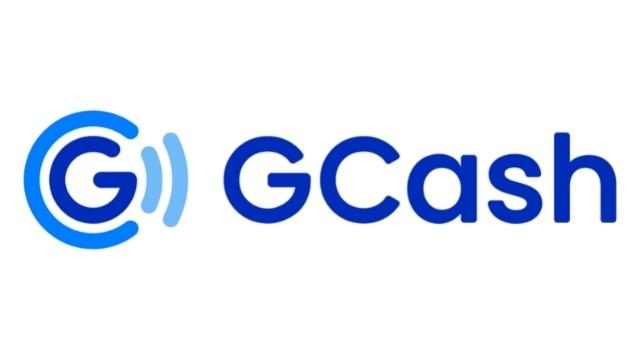
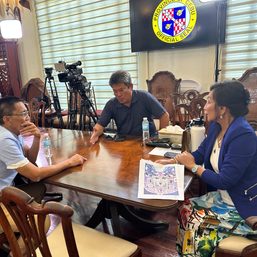
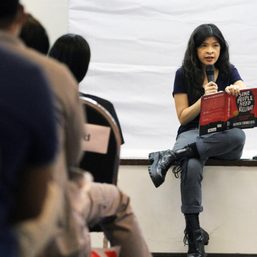

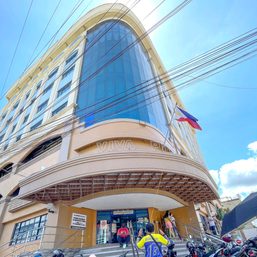
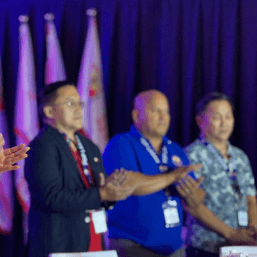
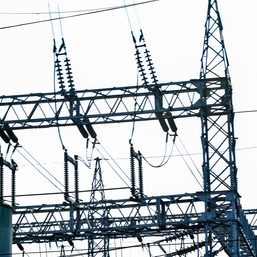
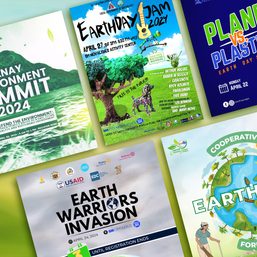
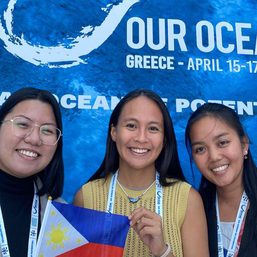
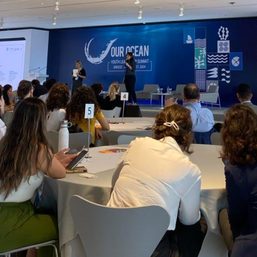
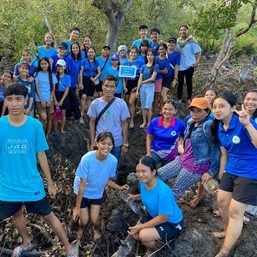
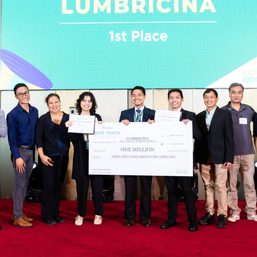
There are no comments yet. Add your comment to start the conversation.